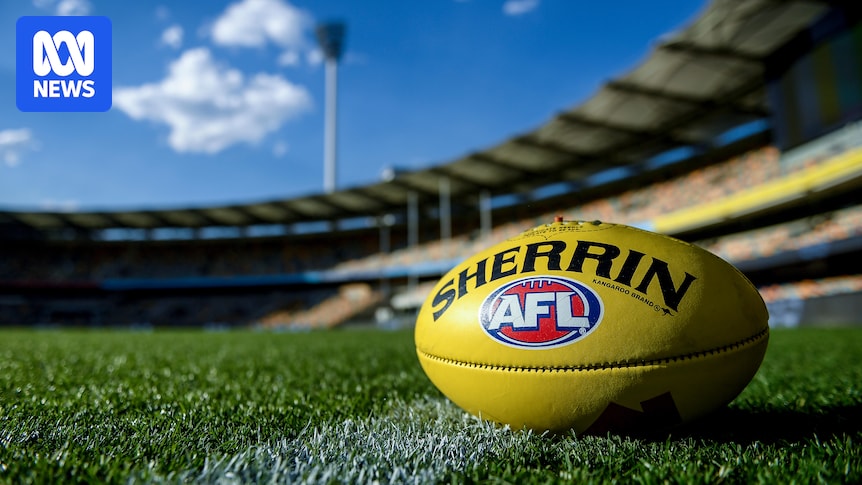Tasmanian Sports Minister Nick Duigan has admitted he reneged on plans to give North Launceston Football Club (NLFC) $100,000 after the club president attended a media conference with Labor.
The football club is based at York Park in Launceston,…

Tasmanian Sports Minister Nick Duigan has admitted he reneged on plans to give North Launceston Football Club (NLFC) $100,000 after the club president attended a media conference with Labor.
The football club is based at York Park in Launceston,…